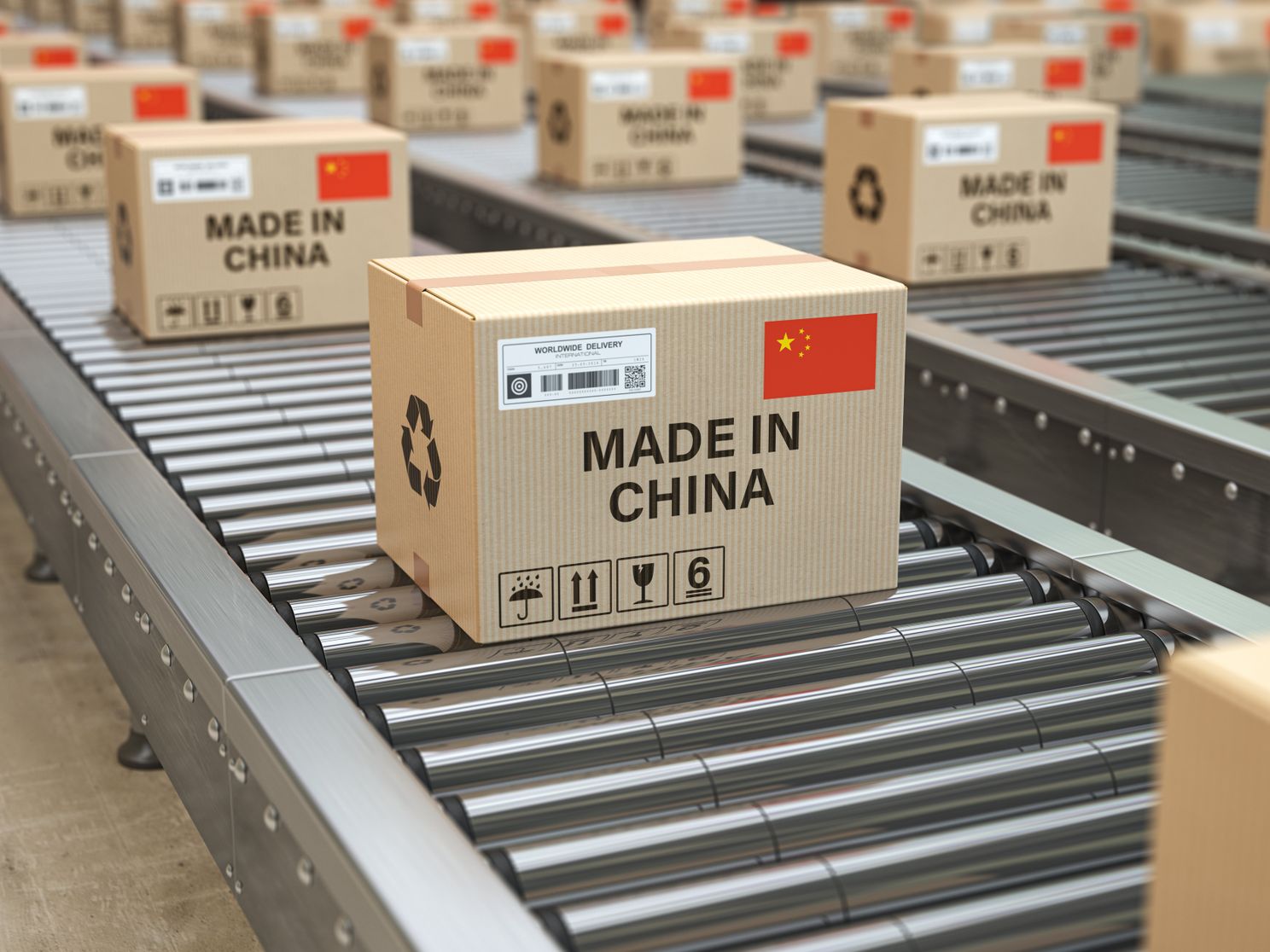Are all Chinese phones a threat to your privacy?
Chinese phones are extremely popular, and brands such as Xiaomi, OnePlus and Realme offer good value for money. Only you hear less positive signals regarding the privacy of Chinese telephones from different angles. This concern is partly justified, but it can also be nuanced.
Contents
Chinese Phones and Privacy
Huawei was briefly the largest manufacturer of phones and in recent years Xiaomi has climbed the ladder. In addition to OPPO and OnePlus, the Chinese BBK Electronics holding also brought Realme to the Netherlands and we welcomed TCL last year. If we rewind even further in time, you might know that in 2014 the Motorola brand name came into the hands of the Chinese company Lenovo. The hold of Chinese companies is therefore strong on both the worldly and the Dutch market for telephones.
The Huawei issue
A number of allegations have been made in recent years about the insecurity of certain Chinese phones. In the US, Huawei products are still considered a risk to the country’s national security. The Chinese government would use Huawei products to engage in large-scale espionage. As a result, severe trade sanctions have been imposed by the United States in 2020, with the result that Huawei can no longer make phones that are still competitive.
The US bases those allegations on information allegedly in the hands of the FBI, but that information was never made public. Yet many European countries have also distanced themselves from Huawei, for example when rolling out new 5G infrastructure. In both Belgium and the Netherlands, Huawei was excluded from the core of 5G networks.
Concerns about Xiaomi
And in September 2021, it was the security of Xiaomi phones that came up. Lithuanian cybersecurity researchers believe they have discovered censorship software in the MIUI software. The software could be activated remotely. Xiaomi denied that such a finding was possible in MIUI and an independent German investigation has found the Chinese brand right, not identifying any risks after an analysis.
One aspect that every user of Xiaomi and Poco phones can determine for themselves is that the phones contain an extraordinary amount of advertising. The company offers a lot of personalized advertising based on the interests of users, although you can disable these via various settings menus.
Belgium warns against Chinese telephones
An interesting fact is that the Belgian State Security issued a warning about Chinese telephones last year. The country advises citizens against using phones from China, fearing that tech companies in that country are too closely intertwined with the government system.
“We want to point out the potential espionage threat when using these devices,” said Ingrid Van Daele, the spokeswoman for the Belgian State Security to De Tijd. “We advise to be vigilant. In addition to the mixing between those companies and the Chinese government, other countries have already expressed concerns about Chinese telecom companies and the risks to privacy and national security.”

Chinese government interference
Although Belgium admits that the cybersecurity services lack the necessary resources to thoroughly analyze the security of Chinese telephones, there is something to be said for the argument that State Security uses.
For example, there is indeed a legal framework in China that allows political interference in companies. This is what the University of Oxford describes in a publication in which government interference in private companies in several countries is described. We saw another example of that interference this year, when 30 Chinese tech companies were required to disclose the workings of their algorithms to government agencies. This mainly concerned internet companies such as: Alibaba, ByteDance and Tencent.
The necessary nuance
It is a justified concern, but here too some nuance is in order. And that brings us back to global politics, rather than tech manufacturers’ policies. China is not the only country that invades privacy.
In 2013, whistleblower Edward Snowden revealed large-scale espionage and privacy violations committed by the United States National Security Agency (NSA). Snowden contacted, among others, the British newspaper The Guardian. Furthermore, in 2015 it became known that the same NSA is guilty of spying on ministers and top officials worldwide, according to The Guardian. The most famous victim was the then German Chancellor Angela Merkel.
Conclusion
We can conclude that there are legitimate concerns about the limited guarantees that Chinese smartphone brands can provide to protect the privacy of users. But similar concerns can also be recognized outside of China. So it is primarily up to users to determine which manufacturer is allowed to keep the key to their personal data.
Do you own a Chinese phone and are you concerned about what happens to your personal data? Perhaps you have less confidence from phones from countries other than China. Let us know in the comments.
Theme week privacy: do you have tips or ideas?
Androidworld is the largest Android community in the Netherlands and Belgium. So we do this together! Do you have a question about the topic we discuss during the theme week or do you have ideas or tips? Let us know in the comments below this article. You can also email us at this email address or leave a message on Facebook, Instagram and Twitter. You can also ask us questions via this Telegram group. Would you rather send one of the editors a tip? Then you can!



